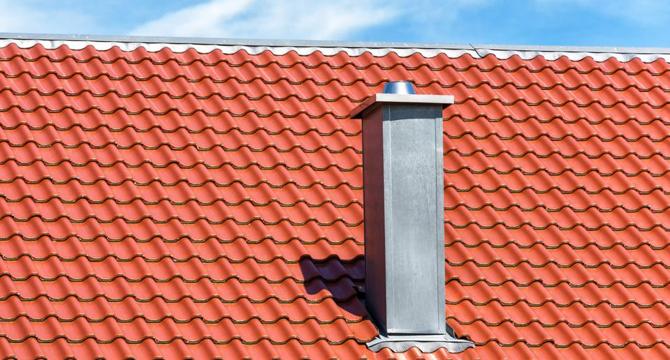Forbes
1M
334

Image Credit: Forbes
Current Mortgage Refinance Rates: May 23, 2025 – Rates Advance Higher
- The average rate for a 30-year fixed refinance rose to 7.06% today, with the 15-year fixed-rate refinance mortgage averaging 6.03% and the 20-year mortgage refinance rate at 6.93%.
- For a 30-year fixed-rate mortgage refinance, the APR is 7.09%, indicating the all-in cost of the home loan, with borrowers paying around $670 per month for principal and interest on a $100,000 loan.
- On the 20-year fixed refinance mortgage, the APR is 6.97%, costing borrowers around $771 per month on a $100,000 loan, totaling approximately $85,625 in interest over the loan term.
- 15-year fixed mortgage refinance rates are averaging around 6.03%, with an APR of 6.07%, resulting in monthly payments of $845 on a $100,000 loan and total interest of roughly $52,586 over 15 years.
- The interest rate on a 30-year fixed-rate jumbo mortgage refinance is currently at 7.61%, with borrowers paying $706 per month on a $100,000 loan, while the 15-year fixed-rate jumbo refinance stands at 6.41%.
- Mortgage lenders charge slightly higher rates for refinance loans compared to purchase loans, typically around 0.01% to 0.15% higher for a 30-year fixed rate.
- Factors like paying closing costs upfront, buying discount points, and avoiding mortgage insurance can help in reducing interest rates when refinancing.
- It's essential to compare current and new interest rates, mortgage balance, and loan term to determine potential savings before deciding whether to refinance.
- Refinancing can be beneficial if it lowers interest rates, reduces monthly payments, pays off the mortgage sooner, accesses home equity, or eliminates private mortgage insurance (PMI).
- National mortgage rates have hovered in the mid-to-high 6% range, with experts expecting minimal movement in rates for the first half of 2025, influenced by economic indicators like inflation and employment trends.
Read Full Article
20 Likes
For uninterrupted reading, download the app